The political figure of Gustavo Petrothe elected president of Colombia, is not static.
In his 40-year career, the former guerrilla and senator has been moderating his political positions, to the point that, for example, in this campaign he swore before a notary that he would not expropriate properties during his term.
LOOK: How the M-19 guerrilla movement operated and what role Gustavo Petro had
His rise as a leader was thanks to spirited denunciations and debates in Congress against traditional politics, corruption, and the link between the State and paramilitarism.
In 2011, his arrival at the Bogota City Hall It was due, in part, to his complaints against Mayor Samuel Moreno, who was also from his party, for corruption.
But now Petro came to the presidency with ways and strategies typical of traditional politics that he criticized so much: he not only surrounded himself with questioned leaders, but also made rapprochements with traditional and clientelistic parties.
Even with sympathizers of his historical enemy, Alvaro Uribemade close-ups.
The transformation of Petro’s political profile can be seen as a process of moderation or ideological evolution. But also as opportunism.
Historian, politician and electoral strategist Daniel Garcia-Pena knows Petro from near and far.
He was one of his closest advisers before and during the mayor’s office, until he ended up isolated. “A despot of the left, for being of the left, no longer despot“, he wrote in his famous letter of resignation.
Since then, García-Peña has followed the evolution of the president-elect as a columnist, professor and director of an NGO, Planeta Paz.
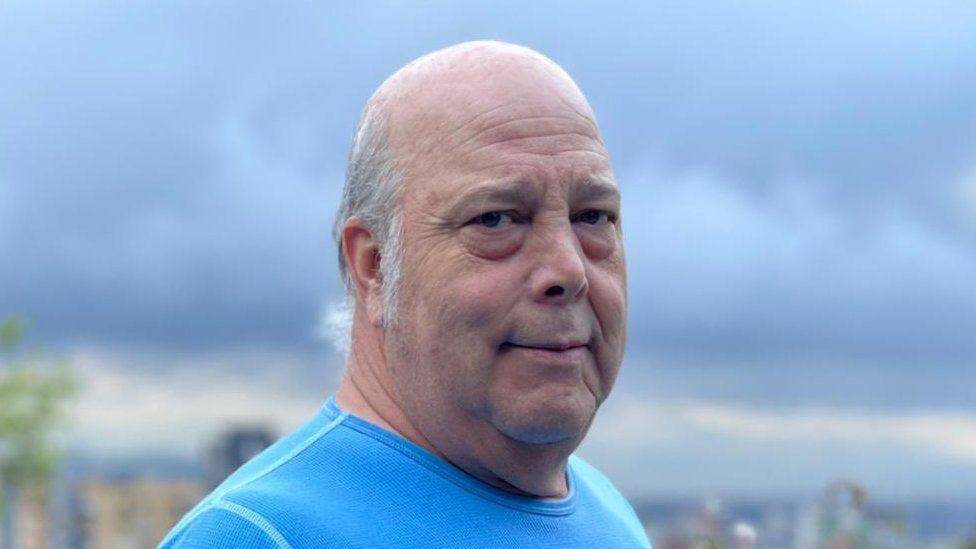
To understand Petro’s political evolution, and compare the mayor’s politician with the one who reaches the presidency, we interviewed García-Peña at his home in downtown Bogotá.
___________________________
What has remained and what has changed in Petro in his 40-year political career?
There has been a consistency in wanting to change the country, generate participatory processes from the bottom up, democratize.
The M19 had that vision. It emerged as a guerrilla precisely because of a fraudulent electoral process in 1970. It had a nationalist and democratic vision that, in Petro, has not changed.
What has changed are the circumstances. And he has had the ability to mold himself according to each moment. He knows how to read them and knows how to learn, because there are not a few moments of crisis that he has had.
Both he and his environment have been changing, but he has maintained that desire to break the mold.
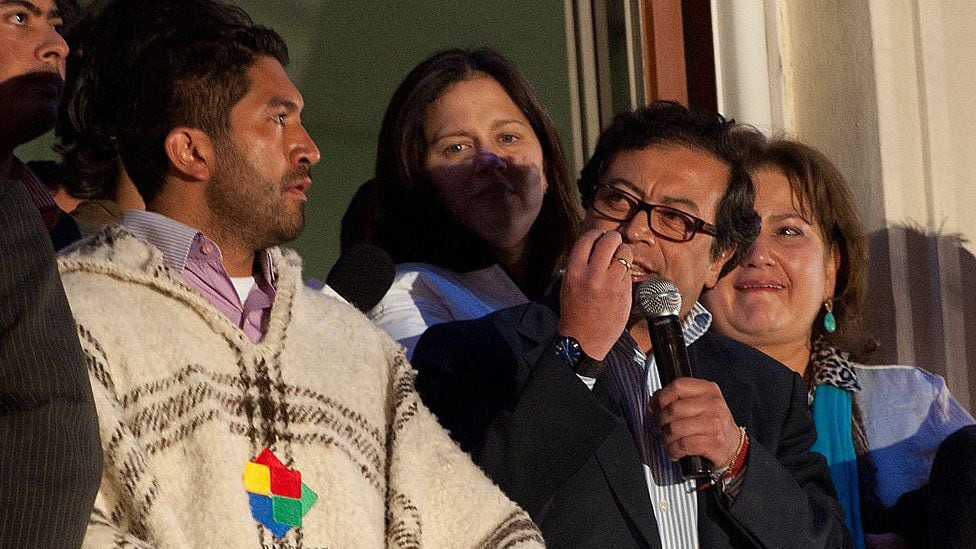
That change can be genuine, from someone who learned and grew up politically, or purely opportunistic, from someone who just wants to fit in at certain times. How does one go about differentiating between the two?
There’s the thing. I don’t know. Among others because it is a very subjective moral judgment.
Petro has always been launched for different games, and has had very different teams.
And it is not necessarily that he fights with his teams, but they are political decisions.
Having Armando Benedetti and Roy Barreras (traditional politicians, who were Uribe supporters) in their circle today, who are the antithesis of what Petro was before, is a quest to conquer power.
Many can interpret it as a utilitarian facet.
Of course, anything goes and the end justifies the means. They say that politics has to be like this, but I’m not so sure.
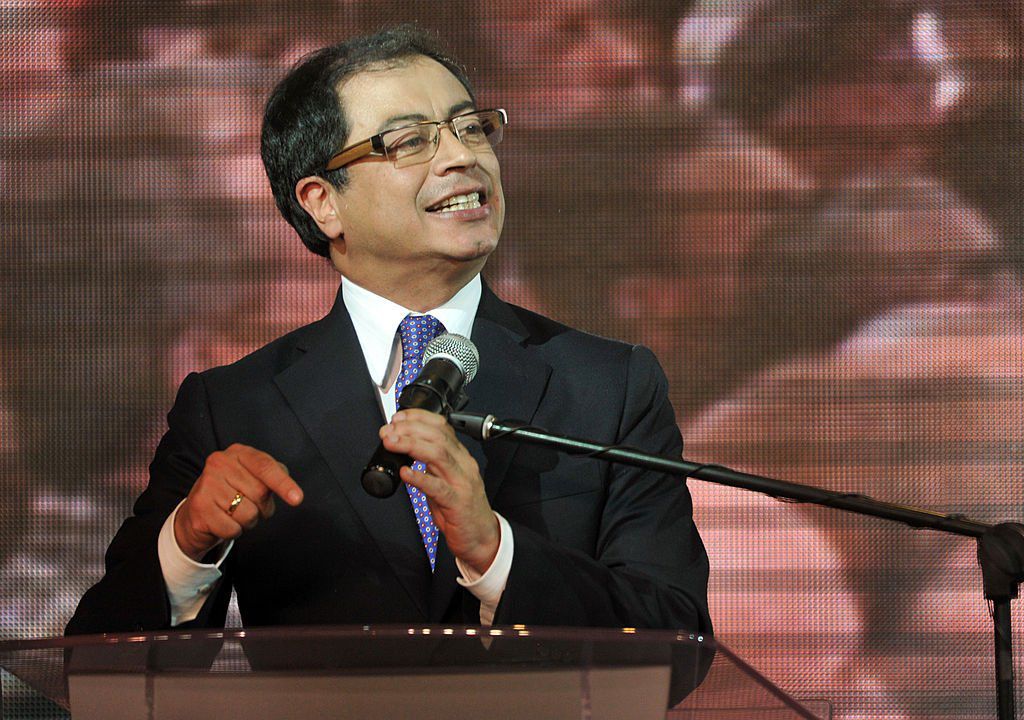
The campaign we did with Petro for mayor was not like that, and he was the first who refused to play dirty against the enemy: he said that our campaign should be about the positive and the constructive.
But, regardless of the forms, Petro has had the ability to understand the political moments, to tune in with the country.
This time the country wanted something different and he, as well as Rodolfo Hernández, interpreted it very well and that is why he won.
I do believe that the defeats served him to rethink things and evolve ideologically. I don’t know if it’s a matter of being radical before and now moderate, although I think there’s something to that, but there’s also some realism and pragmatism.
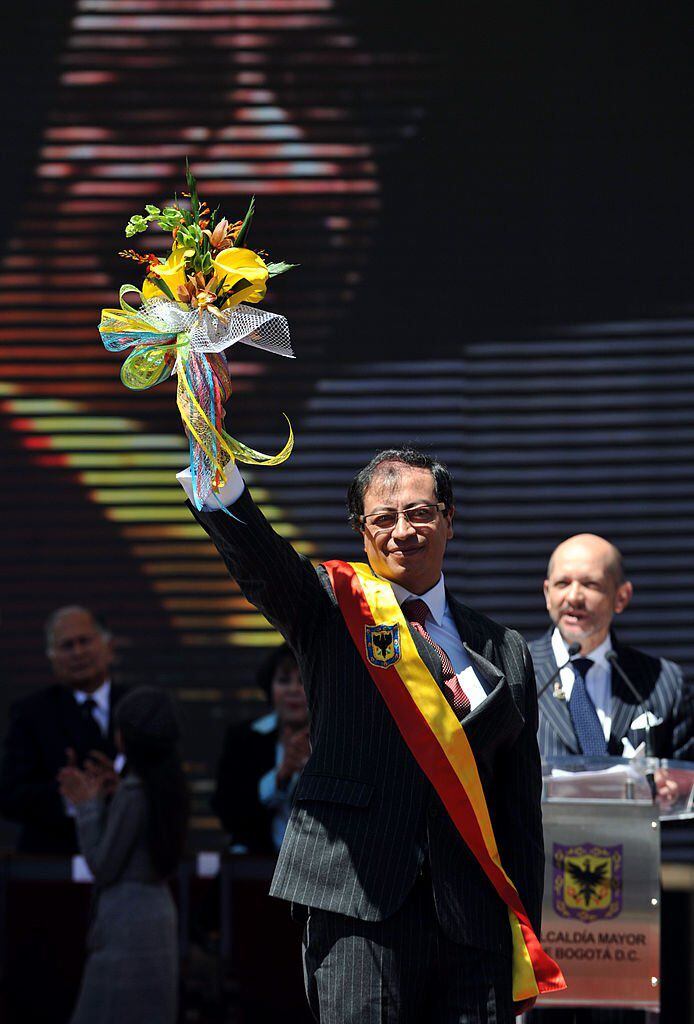
And politics is that: the one who wins is not the one with the best proposals or the one who is right, but the one who connects with the people.
The question is whether it was necessary to ally with traditional politics to win.
I do not know. Because it is also true that an approach, let’s say, with former president César Gaviria, can go against Petro’s political profile during the campaign, but during the government it is hardly normal for him to do so in search of governability.
That is to say: one thing is the borders of the ethical in campaign, and another is the reality of politics when governing.
And I feel -although, of course, we will never know that- that Petro could have won without having to be a politician. Remember that he was saved from that agreement with César Gaviria by Francia Márquez, who publicly opposed it, and then it turned out that Francia was key to the victory.
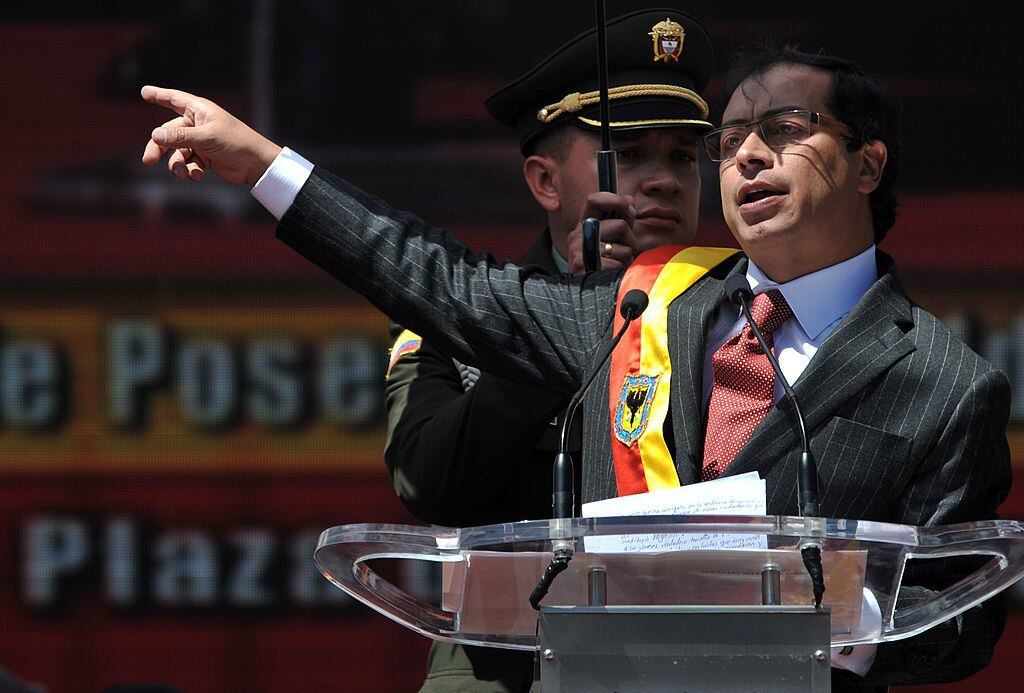
So I think that this alliance with traditional politics hurt him more than helped him.
And that pragmatism, in the mayor’s office, wasn’t it? Ideology prevailed?
That’s right, everyone who opposed him was seen as a mobster. He fought with everyone: with the health, with the bulls, with the garbage.
So in that I think it has evolved for the better. It is more realistic.
How do you explain that there is a kind of consensus that the Mayor’s Office was a disaster but Petro, even so, continues to win election after election in Bogotá?
It is that one has to see how success or failure is measured, because if one looks at the promises and the results, it was a failure: it did not fulfill most of the proposals.
Not all of the popular housing was built, the kindergartens did less than what they said, and the garbage issue was in chaos.
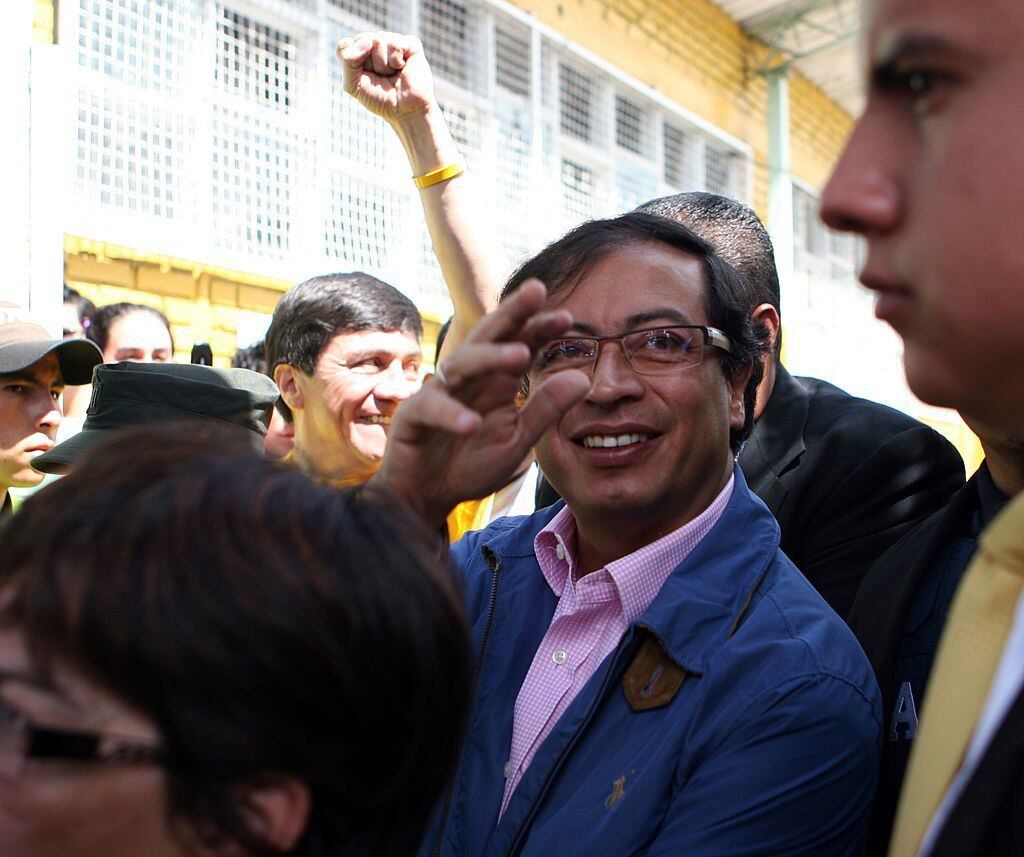
But it also improved the coverage of education, preventive health, feeding children in schools, homes for addicts.
But the answer to the question is that, on the one hand, the institutional framework of Bogotá prevented the city from falling into chaos. In addition, perhaps due to the lack of execution, Petro left an amount of money in the coffers.
But, also: Bogotá is a very alternative city, very independent, very anti-uribista.
And add the fact that he was unjustly dismissed, and that he says that they did not let him govern, and in that he is somewhat right.
It is also true that he was the first to stop balls to the popular sectors. He lowered the Transmilenio fares and although that was a disaster for the system, it left a mark on many people.
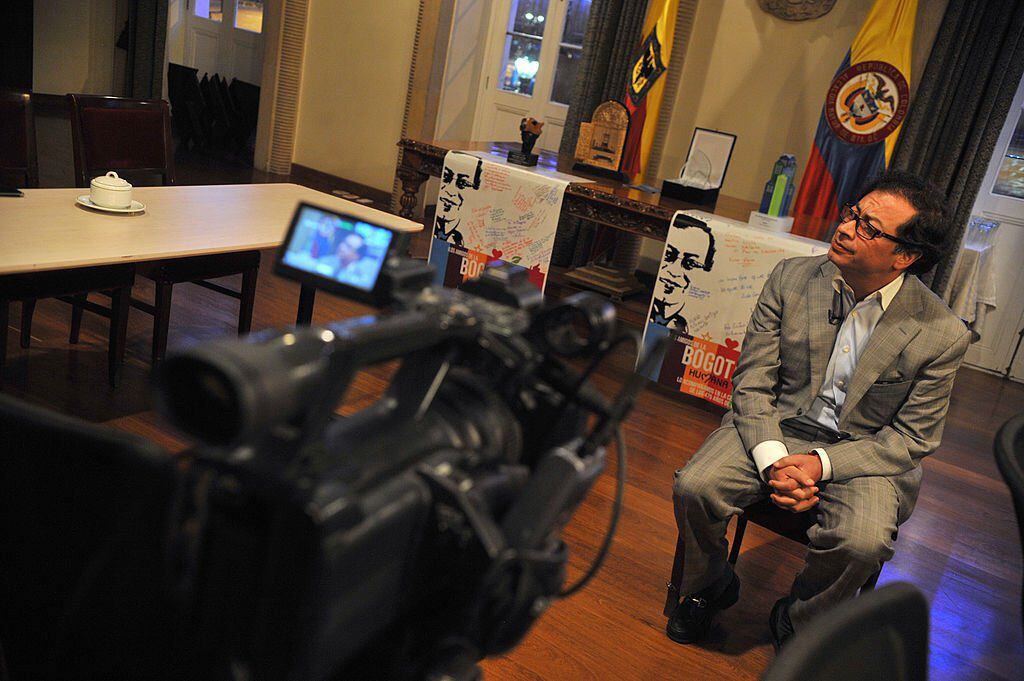
Many attribute the supposed chaos of the mayor’s office to his personality: that he is arrogant, stubborn. Can that happen in the presidency?
In the presidency it is more difficult for him to be stubborn, because the dimension of the position is much greater than that of the mayor’s office.
But I also think the guy has learned from the past, or that’s what you see.
Petro wants to go down in history, and I think that search can lead him to pragmatism and lower the volume by two points.
He is clear that he cannot be a Maduro, that he has to be a Lula, or a Boric. He knows that to go down in history he has to deal with the complexity of political diversity.
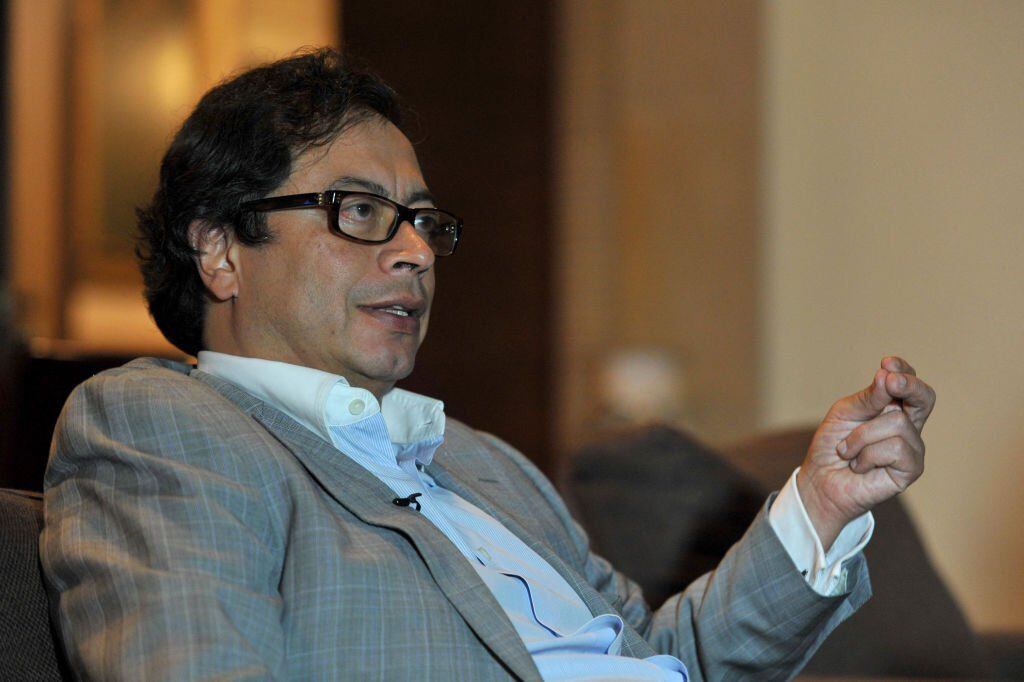
And so was his campaign and his speech on Sunday: on the national agreement, the agreement, the dialogue with the opposition.
Do you think power was what changed Petro?
Power transforms people for better or for worse.
Juan Manuel Santos came to power as the uribista, the same as always, the relentless Minister of Defense, but he made a historic, relevant government, which even Nobel gave him.
Suddenly Petro can go a bit along that line. Because gross is not. And to remain in history he has to have a good presidency.
So how did the power in the mayor’s office change Petro?
At that moment he changed it for the worse, because before that he was a very open guy, a great social gathering partner, with very interesting, constructive and innovative political discussions.
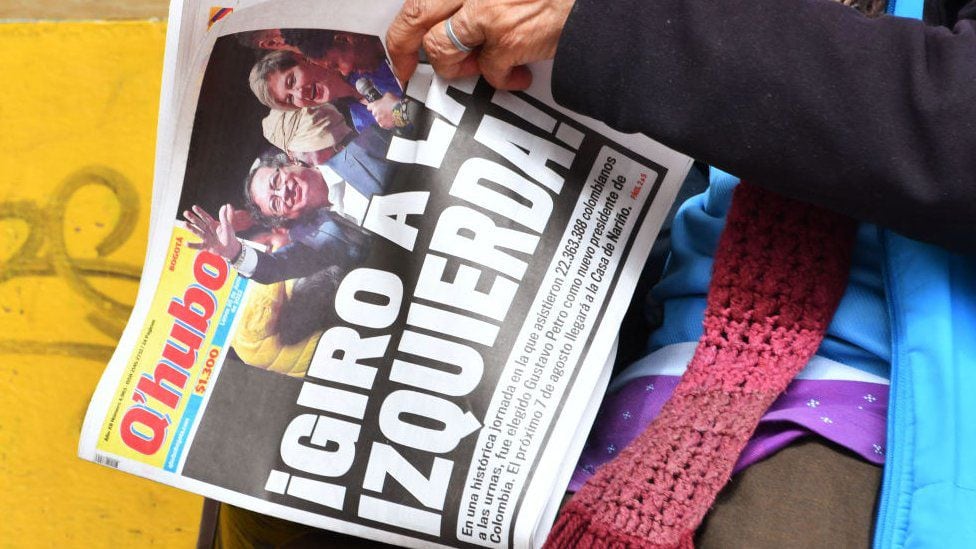
But when he became mayor, everything changed and his paranoia grew and he became very difficult.
But if the power of the mayor’s office changed him for the worse, the power of being the head of the opposition these last six years changed him for the better, because he knew how to read the country and understood that he needs to agree and that if someone has a proposal, it doesn’t matter. Whoever it is, you have to listen to it.
If in the mayor’s office it cost him so much to be stubborn, in the presidency it can cost him much more. That is why I think that the Petro of the mayor’s office is different from the Petro of the presidency, but, of course, we will have to see, because he depends a lot on how he surrounds himself.
The exercise of the Historical Pact showed that, however messianic it may be, Petro cannot do it alone. And that bringing different people suits you.
Source: Elcomercio
I, Ronald Payne, am a journalist and author who dedicated his life to telling the stories that need to be said. I have over 7 years of experience as a reporter and editor, covering everything from politics to business to crime.

:quality(75)/cloudfront-us-east-1.images.arcpublishing.com/elcomercio/GE4TCMRNGA3C2MRRKQYDAORRHE.jpg)

:quality(75)/cloudfront-us-east-1.images.arcpublishing.com/elcomercio/HC4XATKIGBAH5G47Y5CJNTIJOU.jpg)
:quality(75)/cloudfront-us-east-1.images.arcpublishing.com/elcomercio/CT45GZCKZNDSTJYIGEIUW55KGA.jpg)
:quality(75)/cloudfront-us-east-1.images.arcpublishing.com/elcomercio/Y6X64YEODNH2RAAJJCRUG6VBD4.jpg)

